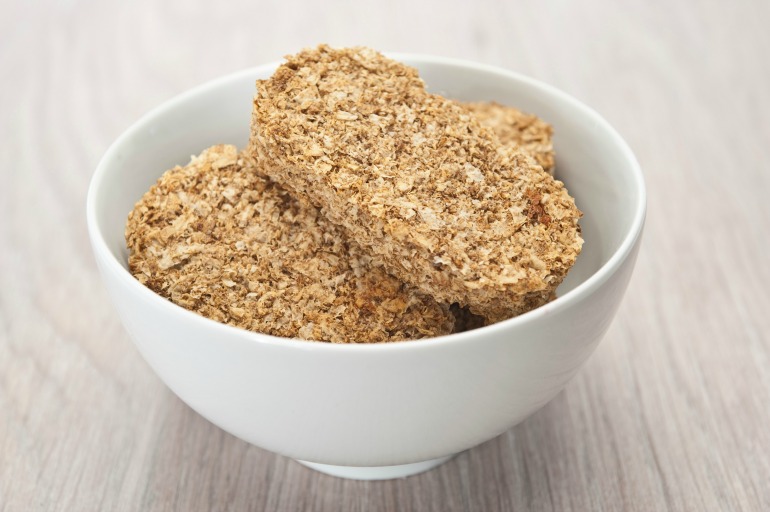
Shopping for healthy cereals at times can be challenging. Breakfast cereals can be a good source of carbohydrates and fibre, but they can also be high in sugars and salts. So how do you choose the healthiest option?
Starts at 60 chatted with Freedom Foods dietitian Sonja Kukuljan to find out which cereals we should be buying.
“One of the key reasons to include muesli and cereal products as part of a healthy breakfast meal is because some can provide extremely high quality carbohydrates and fibres,” Sonja explains.
She says adults should aim to get at least 25 grams of fibre each day, adding: “If your breakfast muesli or cereal provides 7 grams of fibre per serve, then it’s an excellent fibre source.”
These standout muesli products by Barley+ are great brekky choices because of their high whole grain and fibre content.
Fibre not only keeps you regular, it’s also very filling, which means it can keep you going between meals, ultimately reducing your temptation to reach for naughty treats throughout the day.
“These are low GI offerings, and also low in sugar, although do contain some dried fruit and low in salt,” she adds.
Sonja recommends adding milk, some chopped fruit and a little yogurt.
“It’s hard to go by good old traditional oats,” Sonja says. Porridge is high in soluble fibre, which helps to reduce cholesterol and manage blood sugar levels.
For an extra health boost, she recommends adding a handful of almonds and a tablespoon of sultanas or dried figs. Almonds are packed with nutrients including fibre, protein, magnesium and vitamin E.
“This group of cereal products is not an exhaustive list, but more an indication of some good cereal whole wheat offerings on the market which are low to moderate in salt, sugar and saturated fat,” Sonja says.
These products are high in insoluble fibre, which helps to make your toilet visits more frequent. “Of course, this is crucial for good health – if you’ve ever suffered from constipation you’ll understand just how crucial that is,” she adds.

Read more: Healthy or marketing ploy? The latest fad diets ranked
If you’re gluten intolerant, Sonja says you can’t go past this Active Balance range. Both buckwheat and quinoa are great alternatives to grains, and are jam-packed with nutrients and minerals. They are also both rich in protein and calcium.
According to Sonja, the cranberry version in particular is low in salt and sugar, and contains 7g of fibre per serve for a healthy start to the day.
Sonja reckons this last cereal is also a great source of fibre, low in sugar and has moderate salt levels.
“All in all, a robust choice,” she says. “This has plant sterols added to it, so may assist with cholesterol lowering in those whom need to watch out for this.”